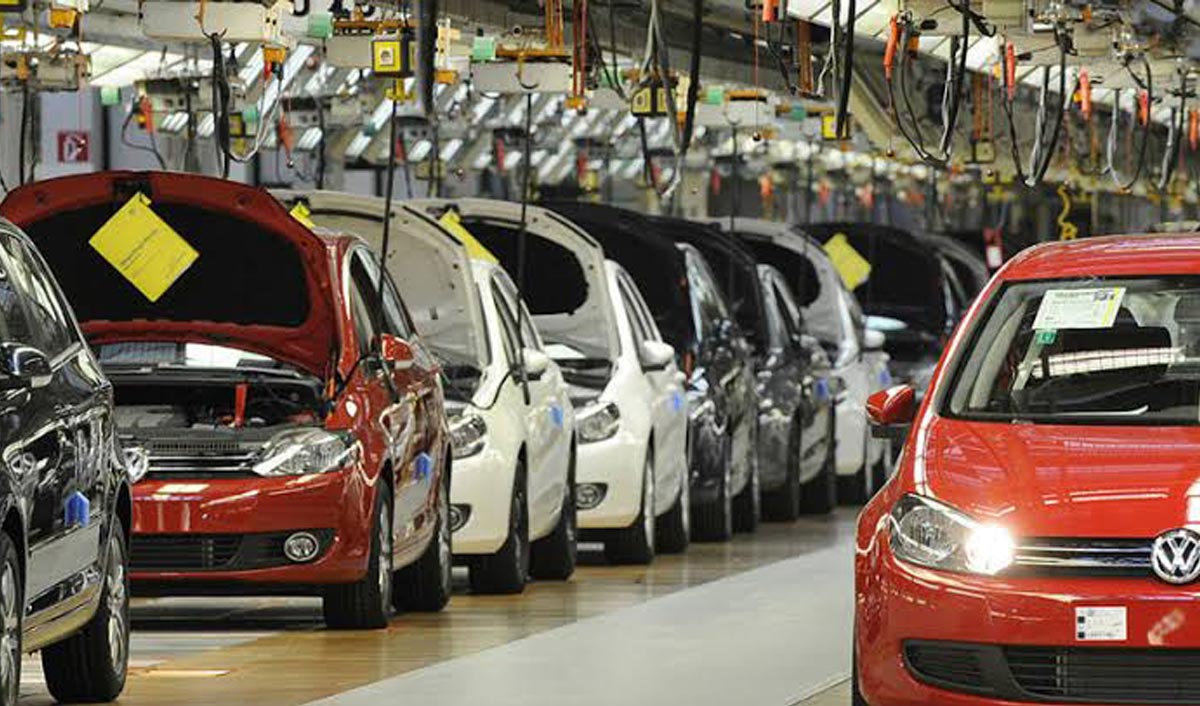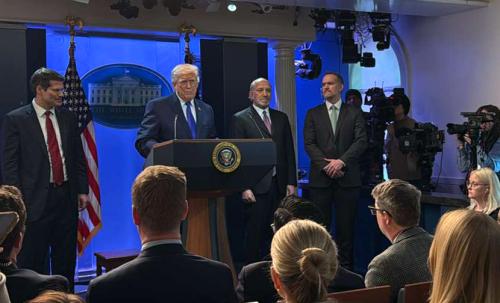New Delhi, July 12 (IANS) India Inc saw just 16 deals amounting to $98 million in the second quarter (Q2) this year in the auto sector, registering a substantial decline in overall deal activity, with a 92 per cent drop in values and 36 per cent decrease in volumes, a report showed on Wednesday.
Primarily influenced by the private equity (PE) segment, the automotive industry in India has entered a transformative phase, embracing alternative fuel technologies and innovative mobility solutions in the EV era, according to the report by Grant Thornton Bharat.
The sector recorded a 21 per cent growth (year-on-year) in domestic sales in FY 2022-23 across all vehicle categories and exhibited a strong presence within the EV sector, crossing the 1 million mark in sales and registering an exceptional 154 per cent YoY increase this fiscal year.
However, the PE trend experienced a decline of 20 per cent in deal volumes and an 81 per cent decline in values in Q3 compared to Q2 2022.
“As India gears up to host COP28, and has assumed the G20 presidency, the country stands at a remarkable crossroads of opportunity. The projected investment opportunity ($200 billion by 2030) within the EV sector alone highlights the drive for indigenous production, value chain integration, and customised solutions,” said Saket Mehra, partner and national sector leader, automotive industry, Grant Thornton Bharat.
Prospects in green hydrogen, clean energy, and mobility solutions attract immense investor interest, potentially creating a multi-billion-dollar market by 2030.
“The Indian automotive sector is poised to maintain a positive investment outlook in the medium-to-long term,” Mehra added.
Persistent global macroeconomic factors, including inflationary pressures and heightened interest rates, further contributed to the overall decline in deal activity within the auto sector.
Most of the PE activity was driven by the emergence and integration of advanced technology-aided business sectors such as electric vehicles, mobility-as-a-service, and auto-components (mostly focused on EV components).
As the auto-component industry transitions from internal combustion engines (ICE) to EV, there are market opportunities in the US and Europe for the auto-component sector, paving the way for cross-border M&As in the short-to-medium term, the report mentioned.












